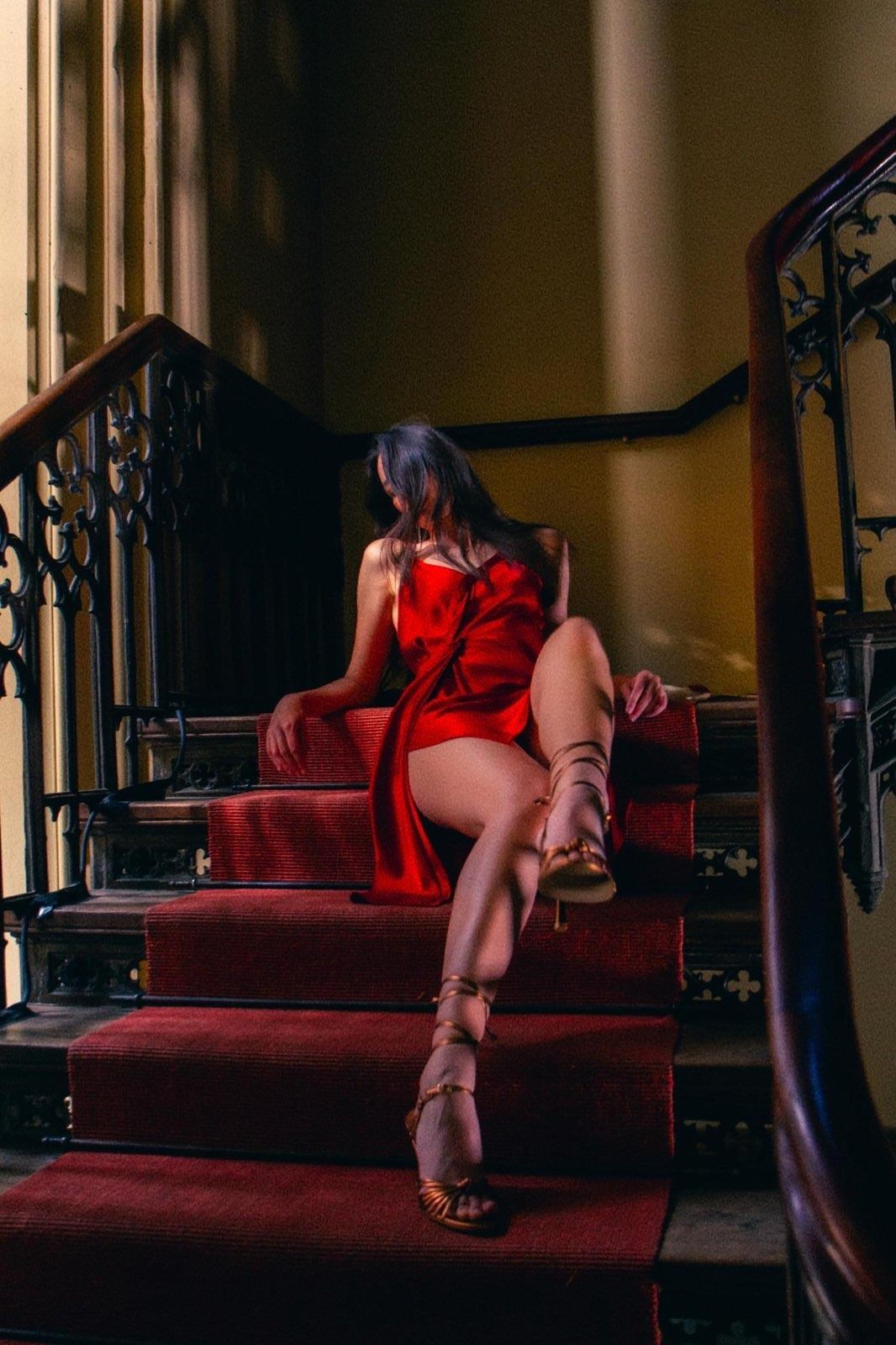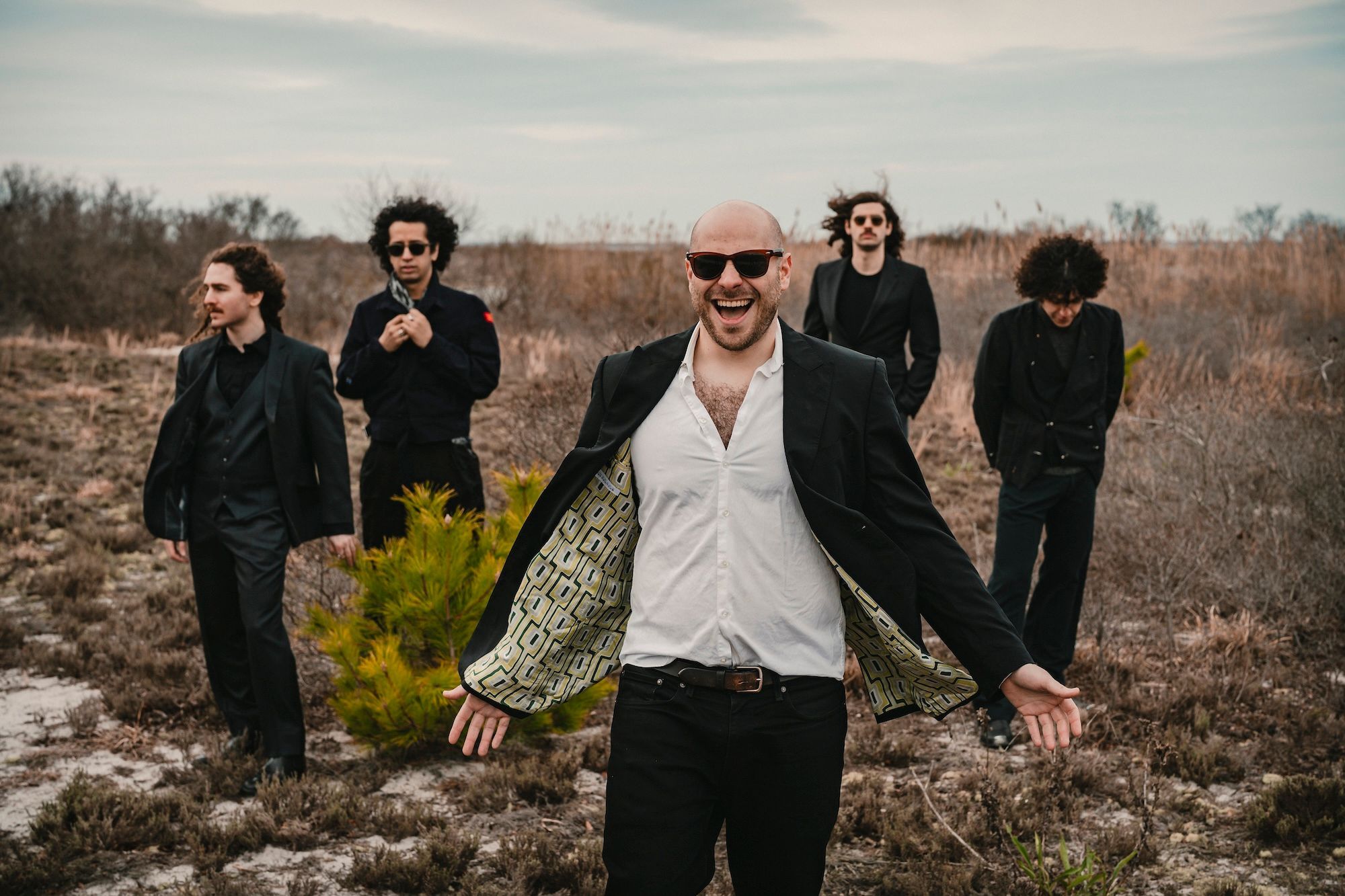Whether in ancient Greece, the Byzantine Empire, Venetian salons, or the court of Versailles, courtesans have long been among the freest women in history.
Adored not only for their beauty, they were often self-made: adventurers, style icons, muses, artists, poets. In eras when women’s voices were silenced, courtesans carved out spaces of influence. In salons and behind closed doors, it was she who whispered radical ideas into the ears of power, shaping taste, language, and even politics.
To be in her presence was to be transported—sensually, emotionally, intellectually.
The title “escort” rarely carries that kind of weight today. Yet every so often, someone steps into the lineage. Meet Charlie Levine, Amsterdam’s high-end travel companion with a courtesan’s heart.
This interview grew from a sense that Charlie’s work deserved a deeper conversation, one that takes seriously the courtesan’s legacy as cultural provocateur and perceptive commentator.
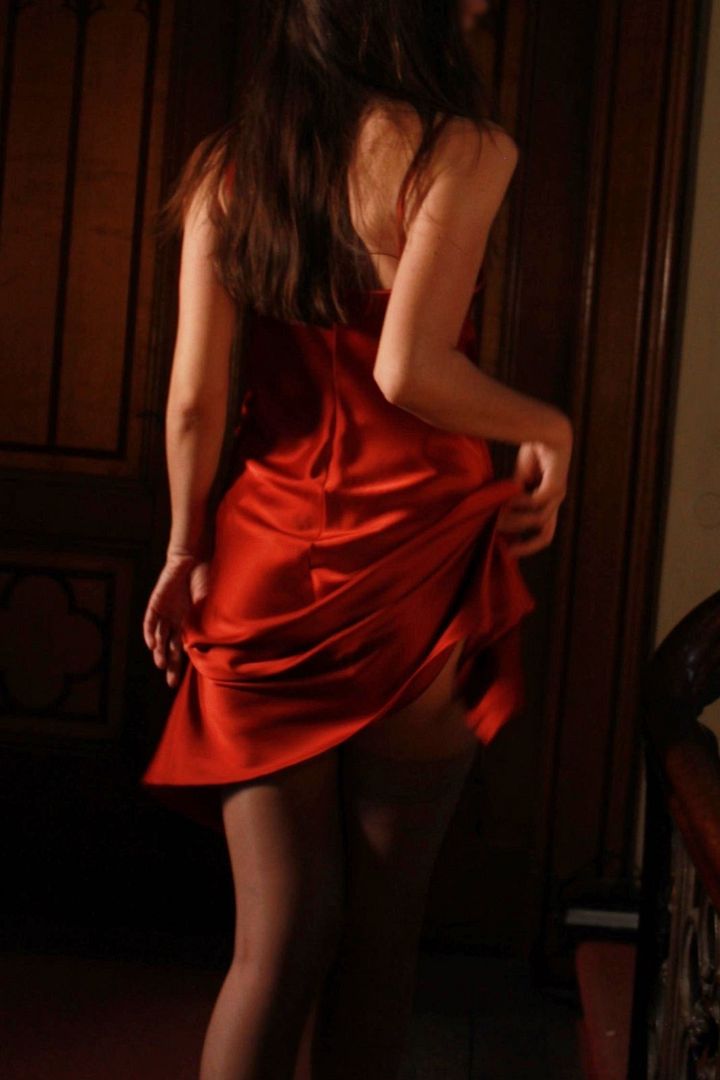
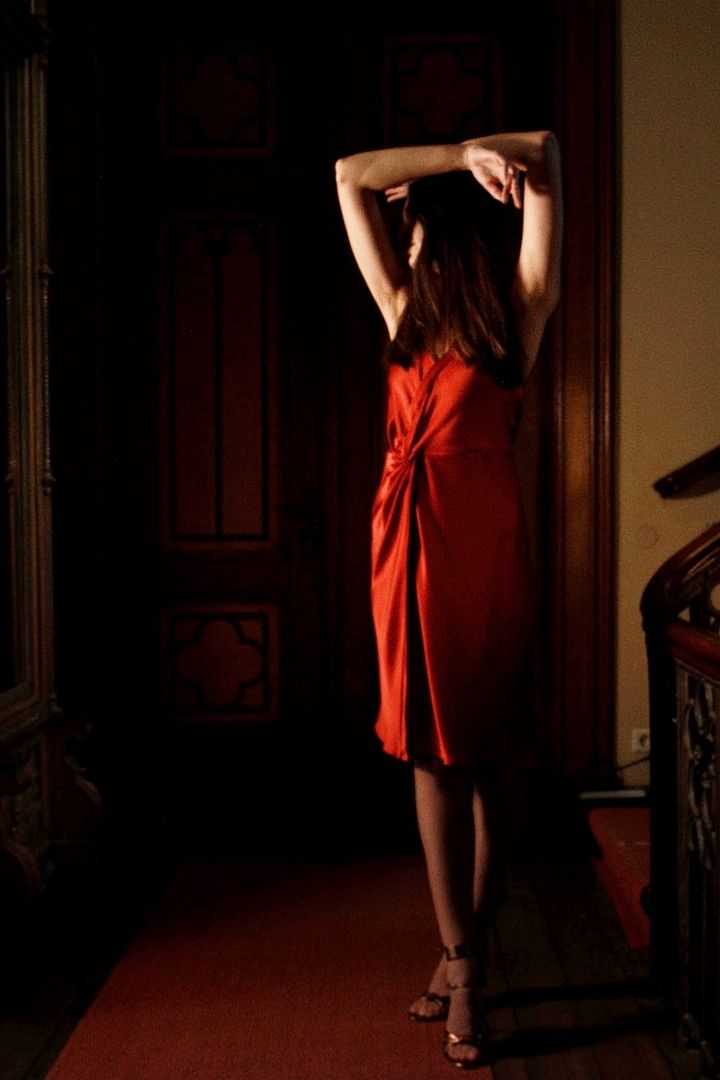
Within moments of meeting Charlie, it is clear she approaches her work with care and intention. Her presence is thoughtful, lighthearted, inviting: a reminder that companionship, at its best, is an art form, one of attunement, atmosphere, and real connection.
We wanted to explore her views on modern sexuality, indulgence, the sensory life, and what intimacy means in an age of digital distraction. Charlie draws on a rich array of cultural references, from Daft Punk and modern Catholicism to vinyl, Descartes, ’90s pop, and the politics of scent, braiding them together with striking ease.
What unfolds feels like a flirtation with ideas. Along the way, we may just discover that we are more religious than we thought, and that intimacy is not quite what we’ve been led to believe.
1. You’ve described companionship as a space for sensual and even ‘sinful’ indulgence. How do you see indulgence in today’s world, and what does it mean to you?
Charlie:
To be honest, I always have to think of church when I hear indulgence. And I really don’t think about Roman Catholicism that often at all! You know, indulgences—at least when they weren’t being abused, which, as Luther pointed out, they often were—weren’t originally about earning God’s forgiveness or reserving a spot in Heaven.They were intended as a release from punishment in purgatory and in the here and now. A pardon, if you will.
So, and I realize the pope may not agree with me on this, I think indulgence is actually close to that: a permission to escape from whatever feels restraining, to give in to desire. In the present, not in some projected afterlife.
And, excuse my blasphemy, I personally think this permission doesn’t need to come from church. It can come from ourselves!
Today we may still feel that, on some level, we cannot allow ourselves any type of indulgence unless it’s to the benefit of some other, higher purpose.
Which higher purpose are you thinking of?
Charlie:
We may no longer worship in cathedrals, but we still have Gods: Productivity, Efficiency, Optimization and Control. We count our steps, curb our cravings, and track every moment. We’re slowly, but surely, becoming more Spartan, more sober, more celibate, more anti-excess.
We’re collectively stuck on becoming, as the old Daft Punk song goes, “harder, better, faster, stronger.” I mean, even the yoga and mindfulness classes we take are supposed to improve our ‘workflow.’ Not being productive really is the modern sin.
But I wonder if we could also allow ourselves to drop into downward-facing dog without monetizing the stretch. If we could ‘sin’ and not be productive at all for a change. How about yielding to desires as they come up, and seeing where they might lead us? Longing is such a teacher. Finding out what gives us joy, and gives us genuine pleasure, what arouses us and draws us in—that’s freedom.
2. In that spirit of allowing ourselves not to be productive all the time, where do you still find that space for genuine pleasure? And do you think modern sexuality has become too performative?
Charlie:
Well, I think sexuality might always be, in some way, performative. That doesn’t make it inauthentic. We often present ourselves in ways meant to attract, to be desired. Someone might lower their voice slightly when speaking to someone they’re attracted to, because they’ve learned it signals intimacy. We perform to be wanted, to show our want.
What feels different now is just how much our experience of ourselves, and of each other, is so deeply shaped by technology. We’re figuring out our sexuality through social media, through a firehose of images that come at us way faster than we can really process them. Many of those are pornographic. And I’m not saying that’s all bad, and I actually think porn is super interesting. But the language of mainstream porn is focused on the visual. It’s usually very “in your face.” More impact than intimacy, if that makes sense.
Sensuality, for me, moves slower. A little poetically perverse, maybe. It’s not really about what you can see. It’s about rhythm, about style. A kind of slow dance of touch, scent, sound. And honestly, anything can be erotic if you’re paying attention.
Could you give an example of this?
Charlie:
Like… the way a fingertip presses into the center of a rose. The texture of a raspberry rolling on your tongue. A cold pen resting in the warm dip of your palm. That electric sting on your skin after you leave a hot bath and step into cold air. A voice – low, close – telling you to try again, to come closer. Just a little.
I’m thinking of the smell of your own sweat, or someone else’s, mixed with sunscreen and heat. That specific, aching tension when you’re right on the edge of something and you’re almost desperate to slip over. Or a want that’s almost feral. The giggle that breaks through when it’s too much, and you like it. The build-up. The way skin flushes and veins rise to the surface. How timing changes everything.
Wait – what were we talking about?
3. That kind of slow attention seems central to your work. You often talk about engaging all the senses: are there any you think we tend to neglect?
Charlie:
Oh, definitely smell. I’m obsessed with it. I’m always trying to train my nose, to pick up on every subtle note, and to learn to describe it properly. Finding the right words for our sensory experiences heightens them.
You know, sight tends to be really privileged in Western society, but personally I can lose hours to the spell of wine and perfume. I’ve definitely been brought to a halt by the scent of someone I love. Or transported in time and space by a simple perfume. It’s just so emotional, instinctive, and tied so closely to individual memory in a way that no other sense seems to be. And I’m personally just not that visually inclined.
Smell also carries social and cultural meaning. Dr. Ally Louks, I’m such a fan, explains this so well: reactions to scent aren’t purely biological; there are patterns in how certain smells get associated with ideas like cleanliness, respectability, or neglect. For example, body odor is often unfairly linked to poverty or used as a way to signal “otherness.”
So smell can be intimate, but it can also play a role in how distance or stigma is reinforced. And I read a study the other day that found people who are especially sensitive to disgust – particularly smells they find unpleasant – were more likely to express socially conservative attitudes, especially around issues like sexuality. Wild, isn’t it?
4. Smell can clearly transport you. Is there a scent that has taken you back to a specific time in your life?
Charlie:
Yesterday that old 90s banger Summertime by DJ Jazzy Jeff and the Fresh Prince came on. There’s that line: “the smell from a grill could spark up nostalgia.”
And he’s not wrong. The olfactory bulb, the one that processes smell in the brain, is very closely connected to the amygdala and the hippocampus, our emotional and memory centres. And this is why smells can instantly transport you back to a specific time or place, more vividly than a sight or a sound might.
I picked up an old ballpoint pen recently and smelled the rubber grip. It had this mix of Old Spice and tobacco. Hyper masculine, supposedly. And I was instantly 21, borrowing that pen from an author who had fallen in love with me.
Books everywhere. Smoke in the air. His declarations. That room. That time. Instantly, I was there.
5. Besides time traveling through scent, you also travel often with clients: what does this look like?
Charlie:
Besides regularly seeing clients in Amsterdam, London, and other major European cities, I do often travel with clients for extended periods. When I’m on the road with them, sometimes I’m there for everything, and other times, I’m the indulgence they come home to after a long day of meetings. I love that. I’m well-travelled; I pack light, and I love being in motion. Ok, fine, I don’t always pack light, but I can.
You see, most of my clients live high-pressure lives with little time for play. I’m very fond of being that moment of release from the daily grind, a chance to slow down, savor, and just unwind together.
6. It sounds like you travel quite a lot – do certain environments awaken your senses more than others?
Charlie:
Oh, absolutely. I’m immediately thinking of the smell of rain hitting the sun-kissed rice fields in Java, Indonesia. Or the immersive sensory experience of the Iguazu Falls on the border of Brazil and Argentina – sure to ruin any and all waterfalls that follow suit.
There’s really nothing like hearing the symphonies of the forest: I feel happiest surrounded by Redwood trees in California or hearing all the different lifeforms in the forest of Malaysian Borneo. The soothing sounds and tingling freshness of mountain creeks in the Spanish Pyrenees. Or, staying closer to home, a lovely sunny day at the park in Amsterdam. I guess I’m secretly a bit of a forest fairy.
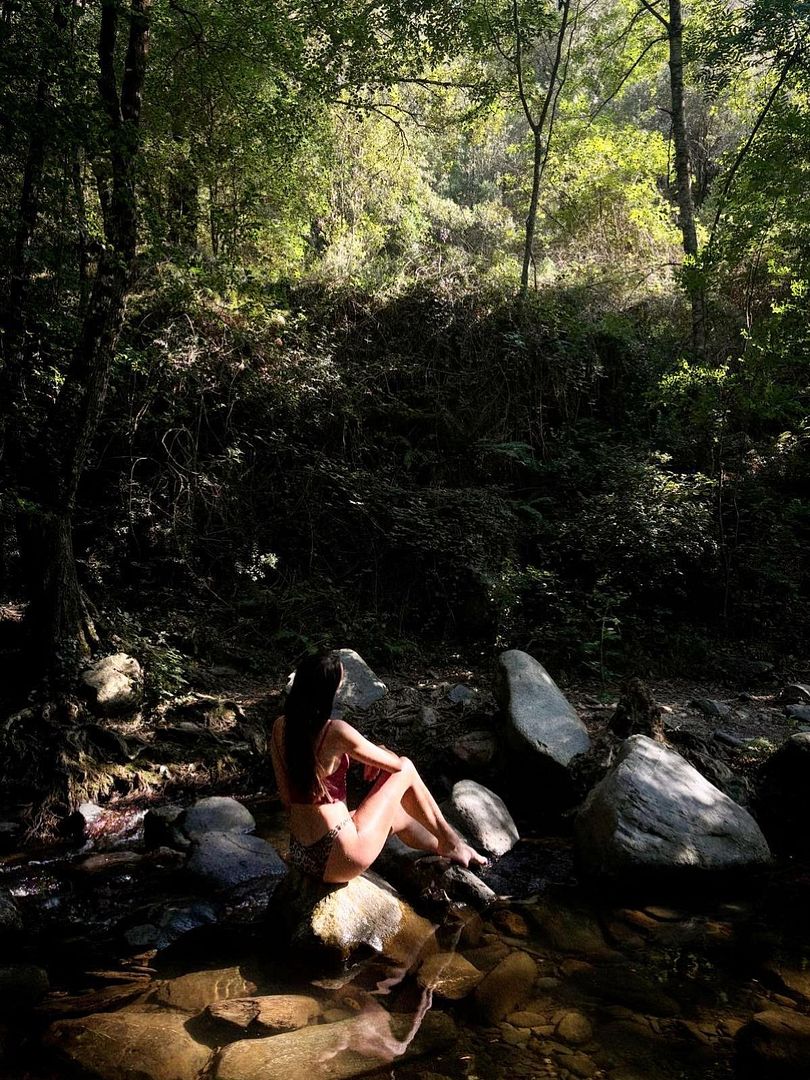
How about inside environments?
Oh, I do love the performing arts, especially classical ballet. I try to go often for the thrill of witnessing, well, absolute perfection. Other feasts for the senses that spring to mind: Richard Serra’s Torqued Ellipses at Dia Beacon. The greenhouses, technically inside, of the Hortus Botanical Garden in Amsterdam. The ever-opulent Le Maurice hotel in Paris.
Few things are more important to me than food, and few things awaken the senses like a good meal. Frankly, I don’t really trust people who do not like to eat. You won’t catch me modestly picking at a salad. I eat with abandon! I’m such a big fan of the Japanese kitchen and dream of toro on a daily basis. In Europe, Sushi B is unparalleled. I’m also very fond of the flavor palette of Korean food. Dosa, in London, was a recent discovery well worth another visit. French cuisine is, of course, best enjoyed in one of Alain Ducasse’s locales…But please, by all means, wake me up for any of those fantastic ‘hole-in-the-wall’ spots in LA!
7. With how attuned you are to the sensory world – scent, texture, rhythm – I wonder: is music another space where you find that kind of richness and connection?
Charlie:
Yes, music plays a big role in my life. I collect vinyl records and have a pretty big collection at home with Technics turntables and a mixer. I’m a bad DJ, but a pretty neat selector. I’m kind of geeky about it.
Although lately, I’ve been mostly listening to Taking Shelter under an Oak Tree on Spotify. A true banger, haha! I wonder what that says about me. Urban life can be sonically overwhelming.
Good music transcends genre, I think. But I do adore jazz, also so-called spiritual jazz, soul, disco, afrobeat – anything with depth and groove. On the dance floor, I can get down with the old vocal house classics, hypnotic electronic music, or Donna Summer vibes.
Behind closed doors, the entire Portishead album is such a sure way to awaken my sensuality. Tracy Chapman will always have my heart. So will Lauryn Hill. John Coltrane was a genius. Joni Mitchell’s songwriting never fails to blow me away. I’ll have romantic classical music for concerts and ballets. Gospel music can make me cry.
8. Shifting to the realm of intimacy, it seems like for you, the senses and the intellect aren’t in conflict. Would you say that’s fair?
Charlie:
I don’t think they’re separate. That’s a Cartesian illusion. The intellect lives in the body too. So yeah, the senses and the mind are intimately connected, and I feel and try to practice that.
And intimacy, real intimacy, is never just sexual. I recently read about the ‘Eight Spheres of Intimacy.’ There’s sexual intimacy, usually our first association with intimacy, but then there are seven more:
Aesthetic intimacy: connecting over beauty
Intellectual intimacy: sharing a cerebral connection
Physical intimacy: dancing, working out
Social intimacy: moving easily together in public
Spiritual intimacy: sharing a spiritual or religious connection
And, lastly, affectional intimacy: the warmth of a hand held gently
These different forms of intimacy don’t just coexist: they catalyze each other. Really connecting means exploring more than one of them to me. My inner circle would agree!

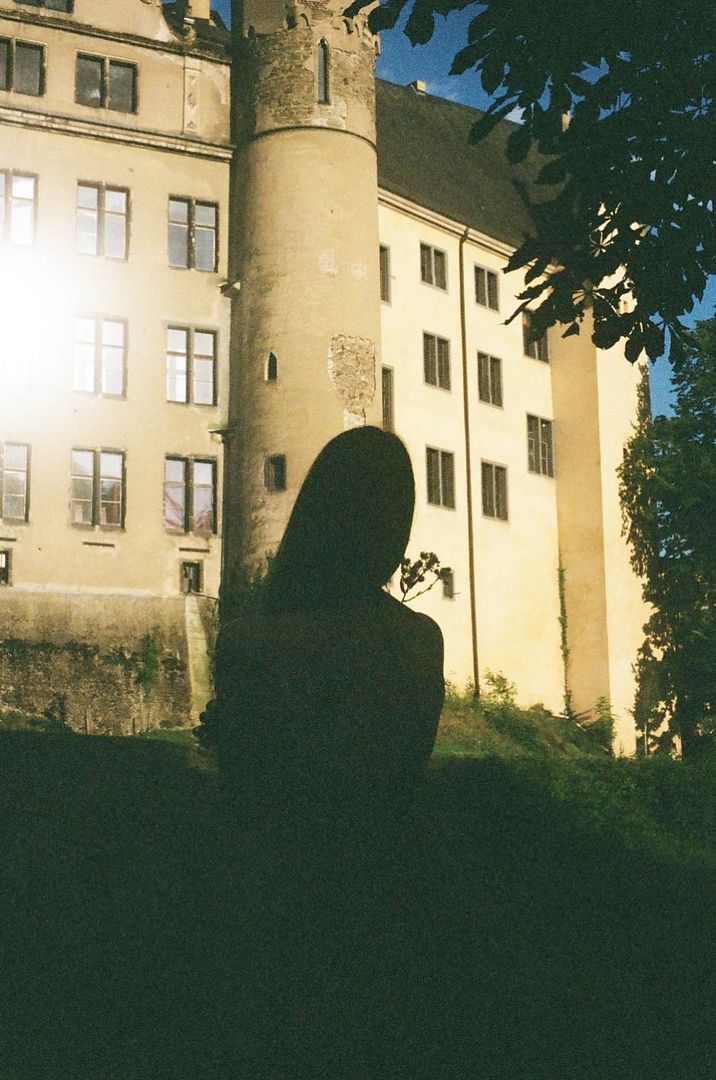
9. Does travel heighten this ability to connect in multiple ways? And would you say it sharpens the senses or blurs them?
Charlie:
Both.
I am not very fond of the contemporary tendency to visit new places like they’re things to cross off a bucket list. You don’t “do” Asia. Or Africa.
That’s not travel, that’s conquest. And that would only flatten the experience.
But travel done right – slow, curious, with someone new – can heighten everything.
Being somewhere new, with someone new, is one of the most exciting things for me about this world of companionship. It’s such a great way to reach that sharpening of the senses: time is precious, we know this, so we pay attention, perhaps we open up to each other much quicker than we usually would. We play, we indulge.
That suspended state is likely one reason clients seek me out. It’s a shared liminal space.
And in that space, really anything can happen.
10. If someone was craving more beauty, depth, and decadence in their life , but didn’t know where to begin, how would you guide them?
Charlie:
With them.
There’s no fixed formula. It depends on where our Venn diagrams might meet.
I adore a surprise. Or, give me carte blanche, and I’ll design the evening. But it starts the same way every time: you fill in my booking form. I’ll take it from there.
Follow via @charliexlevine
Interview Francois van As
Photography Natascha Bottin
Styling Matt Liu

